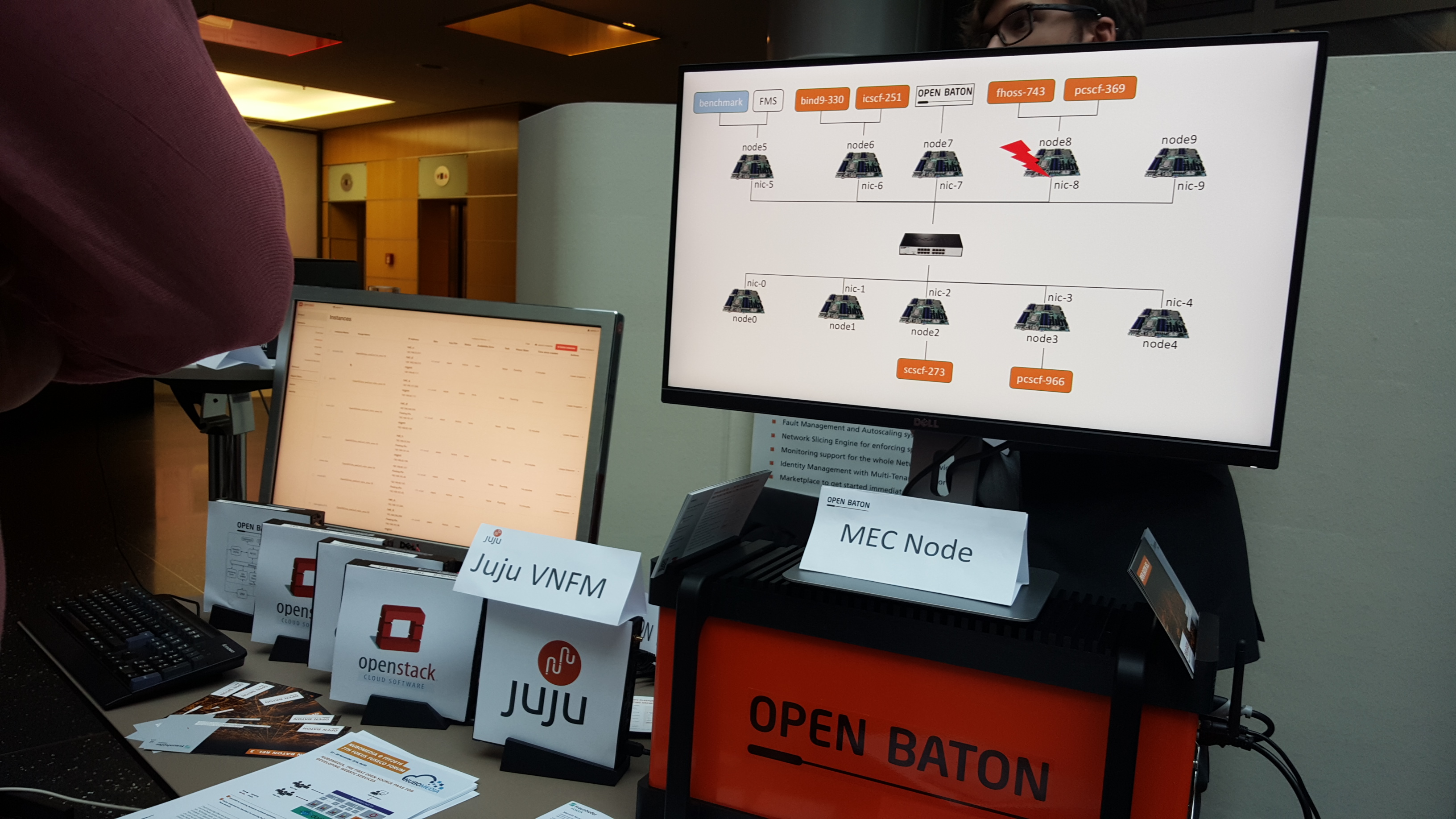


IoT might be deployed without human presence, but it will require coverage. Regarding IoT, it was agreed that it enables the Internet of People and that entrepreneurs will benefit from it. The panel also indicated that important organizational changes and impacts need to be evaluated. According to the experts, the main purpose of standardization is to avoid proprietary solutions and enhance interoperability. Openness will be one of the most important characteristics of the upcoming technology as long as it enables easy connectivity to APIs and innovative services.Ĭoncerning SDN and NFV, standardization is one of the key challenges that needs to be addressed, especially with respect to interoperability and network management. This can only be achieved by the convergence of the different access methodologies. With respect to 5G it was agreed that for its investment it is important to identify the best ways to monetize the technology and that investment in 5G should be targeted on enhancing the end user experience.
#Forum fokus drivers
The topics were: ‘The Evolution Path to 5G, Including Radio, Core and Management Networks’ ‘The Impacts of SDN and NFV on the Telecom Industry’ ‘M2M, IoT and Data as Key Communication Drivers around the World’ and ‘CPS: Driving Factories of the Future’. Each session was preceded by presentations from various international network operators, vendors, academics, and standardization bodies, concluding with a panel.
#Forum fokus full
On the second day the different tracks of the previous day were united under the main theme of this year´s FFF by a full day conference entitled ‘5G Starts Now – Putting the Building Blocks for 5G Together’, which consisted of four sessions. Innovative M2M and IoT solutions and applications were also analyzed and discussed. The benefits of both platform types were analyzed, and it was clear at the end of the workshop that they are key enablers for smart solutions and applications. The third workshop addressed the evolution of IoT and M2M platforms and services for different vertical domains. The second workshop covered the challenges and requirements of information and communication technologies (ICT) for Industrie 4.0, industrial Internet, and the factories of the future, as well as the enablers for ICT within the industrial environment. The first workshop, ‘Towards the 5G Environment’, was divided into two sessions, one addressing the challenges and requirements for the radio and core network, and the other addressing the latest developments and benefits from network virtualization. The second tutorial provided a detailed perspective on Internet of Things (IoT) and machine-to-machine (M2M), data processing, and cyber-physical systems (CPS) required for the Industrie 4.0, industrial Internet and smart cities.
#Forum fokus software
The tutorial ‘Network Evolution Towards the 5G Environment’ provided an overview of use cases and technology covering the main elements of future 5G technologies: radio, core, management, network function virtualization (NFV), and software defined networks (SDN). FFF 2015 provided a unique discussion platform for representatives from international network operators, standards development bodies, and leading academic organizations offering two full days of technical tutorials, interactive workshops, conferences, exhibition booths, and live demonstrations.ĭay one started with two parallel tutorials followed by three simultaneous workshop tracks.

#Forum fokus series
FFF 2015 was the sixth event in the series and attracted approximately 200 telecommunication industry experts andFFF 2015 was the sixth event in the series and attracted approximately 200 telecommunication industry experts and academics from 32 countries.


 0 kommentar(er)
0 kommentar(er)
